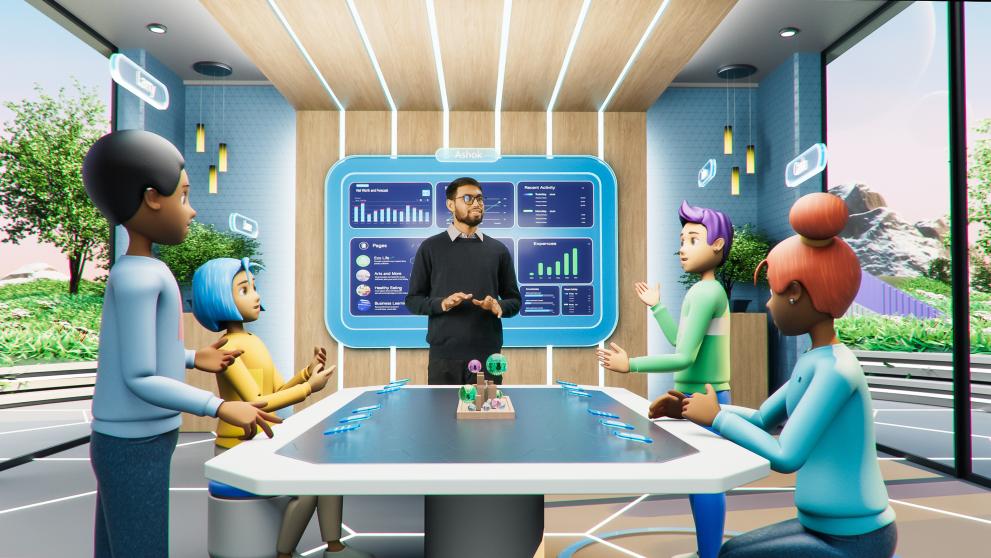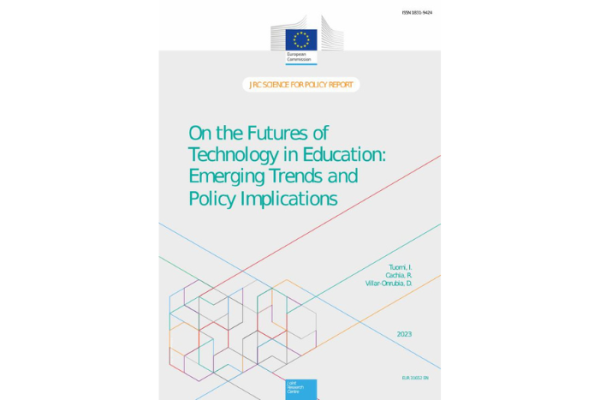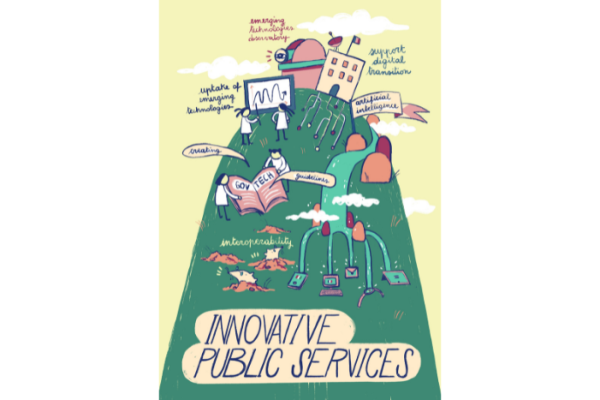What are the next generation virtual worlds? Which challenges and opportunities do they bring today?
On 8 November 2023, we presented the work of the JRC on this area, together with experts and partners who discussed the implications and challenges of researching on virtual worlds.

Next generation virtual worlds are a multi-disciplinary paradigm intertwining virtual, digital and physical realities into highly immersive experiences.
These experiences incorporate varying degrees of virtual and real information, which users can access with different levels of immersiveness and interaction.
Virtual worlds will bring ground-breaking technical, economic and societal shifts. However, their future depends on key technological drivers, industry stakeholders, and adopters, which makes predictions challenging.
A new JRC's Centre for Advanced Studies (CAS) aims at understanding next generation virtual worlds, such as metaverses, their impact on society from a multidisciplinary view and the policy challenges they will bring. It will particularly study its influence on:
- individuals (digital twins, socialisation),
- high-stake sectors (health, education, labour),
- businesses (new services, business models),
- digital contents (NFTs),
- technology (human-virtual world interaction, blockchain, AI),
- and social schemes (democracy, geo-politics, role of public sector).

Why researching on next generation virtual worlds?
Next generation virtual worlds are only now technically, economically and socially feasible thanks to key enablers that have rapidly evolved in very recent years:
- High technology readiness level of key enabling technologies
- Novel and more immersive human-machine interfaces
- Availability of large and highly performant computing and data storage infrastructures
- An unprecedentedly vast community of highly engaged adopters
- Interest and strong investment from the public sector and governments
In this context, it has become indispensable that policymakers and scientists can gain awareness from the virtual world’s dynamics in order to make informed decisions.
The JRC's work on this area provides valuable insights to EU's regulation on technologies that are likely to be key drivers of next generation virtual worlds through the AI Act, Digital Service Act and Digital Market Act, but also the Data Act and the Data Governance Act amongst other policy initiatives.
The first JRC report on Virtual Worlds, published in July 2023, serves as a scientific and technical basis for the EU initiative to lead on Web 4.0 and virtual worlds, adopted by the European Commission following consultations with industry and academia and engagement with EU citizens.








